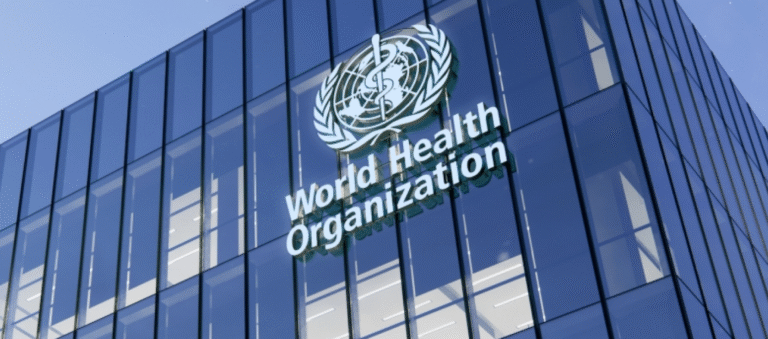
Minister of State for Health and Social Welfare, Dr Iziaq Adekunle Salako
ABUJA, Nigeria – Nigeria contributes 14 per cent of global maternal deaths and nine per cent of global under-five deaths, despite accounting for just 2.6 per cent of the world’s population, the Minister of State for Health and Social Welfare, Dr Iziaq Salako, has warned.
Speaking in Abuja on Thursday during the Joint Annual Review of the Health Sector (JAR), Salako said recent improvements in key indicators show progress, but not at the scale expected of a country with Nigeria’s size and resources. “Too many mothers still die in childbirth, too many children don’t reach their fifth birthday, and too many families are impoverished by healthcare costs,” he said.
According to preliminary findings from the 2023 Nigeria Demographic and Health Survey, the maternal mortality ratio now stands at 512 deaths per 100,000 live births, down from 576 in 2018. Under-five mortality has dropped from 132 to 110 deaths per 1,000 live births, while neonatal mortality is now 41 deaths per 1,000 live births.
Other indicators also improved: skilled birth attendance rose from 43 to 53 per cent, full immunisation from 31 to 39 per cent and modern contraceptive prevalence reached 20 per cent. But Salako stressed that the pace is “insufficient for a nation with Nigeria’s ambition.”
He said President Bola Tinubu’s administration is prioritising health system resilience through the Nigerian Health Sector Renewal Investment Initiative and the Renewed Hope Agenda, focusing on expanded insurance coverage, increased financing and workforce strengthening.
“Health system resilience is not built overnight,” he noted. “It requires political will, technical excellence, community ownership and sustained investment.”
The minister urged stakeholders to recommit to universal health coverage, stressing that a healthier population is fundamental to national development. “Only healthy people can build a prosperous and secure country,” he added.




